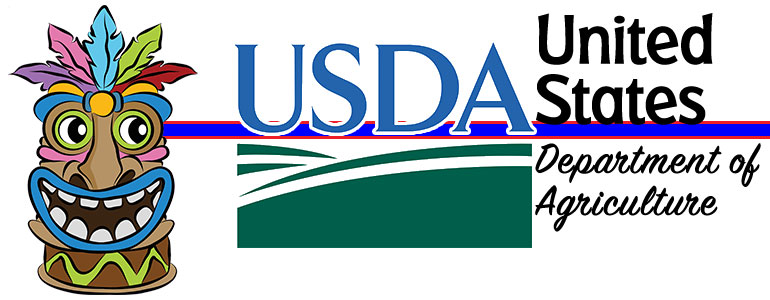
“While card skimming and phishing scams can impact anyone who uses a credit, debit or EBT card, they may hit SNAP households—who rely on their monthly benefits to buy food for themselves and their families—the hardest. What these thieves are doing is deplorable, and FNS will not tolerate it in our programs. We are working with our state and federal partners to protect your SNAP benefits.” —Cindy Long, Administrator of the USDA Food and Nutrition Service
SNAP EBT Card Skimming Scam Alert
USDA recently received several reports of SNAP fraud in which thieves use “card skimming” to steal SNAP benefits. Thieves place a device on a retailer’s card-swiping machine to copy EBT card information. Card skimming can happen to anyone that uses a credit, debit or EBT card, including SNAP participants.
USDA encourages SNAP participants to take actions that may help prevent card skimming. For example:
- Keep your PIN secret. Do not share your PIN with anyone outside your household. Cover the keypad when you enter your PIN on a machine.
- Check your EBT account regularly for unauthorized charges. If you notice any, change your PIN immediately to stop the thief from making any new purchases.
- Check card reading machines to make sure there’s nothing suspicious overlayed or attached to the card swiper or keypad. The overlays can be difficult to detect but are often bigger than the original machine and may hide parts of the machine.
If you believe you are the victim of card skimming and SNAP benefits were stolen from your EBT card, contact your local SNAP office.
SNAP Phishing Scam Alert
USDA is aware of several reports of criminals using phony text messages to obtain EBT card numbers and PINs and steal SNAP benefits. These are known as phishing scams and are a type of fraud. Do not provide your EBT card number or PIN by phone or text. If you think you are the victim of a phishing scam, please contact your local SNAP office.
